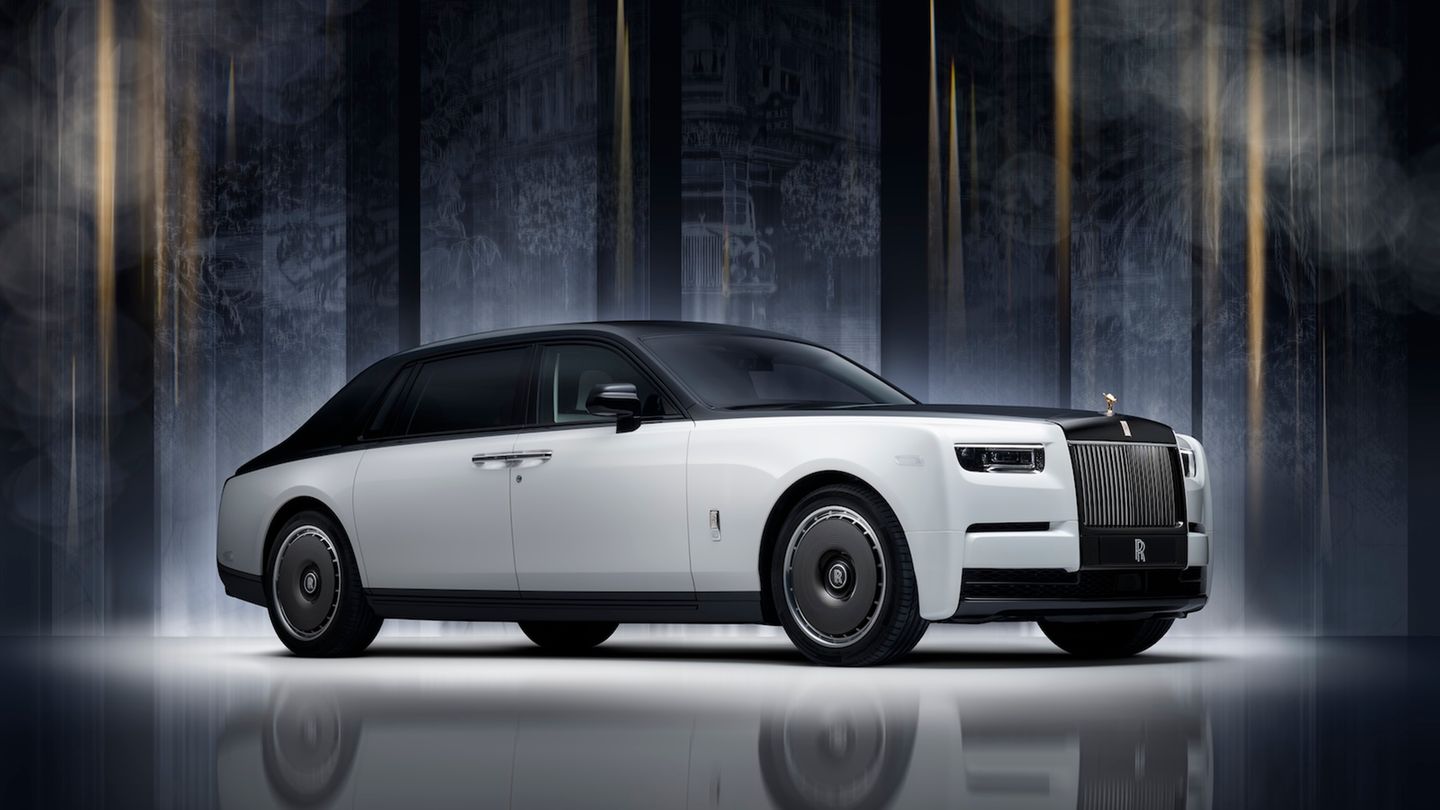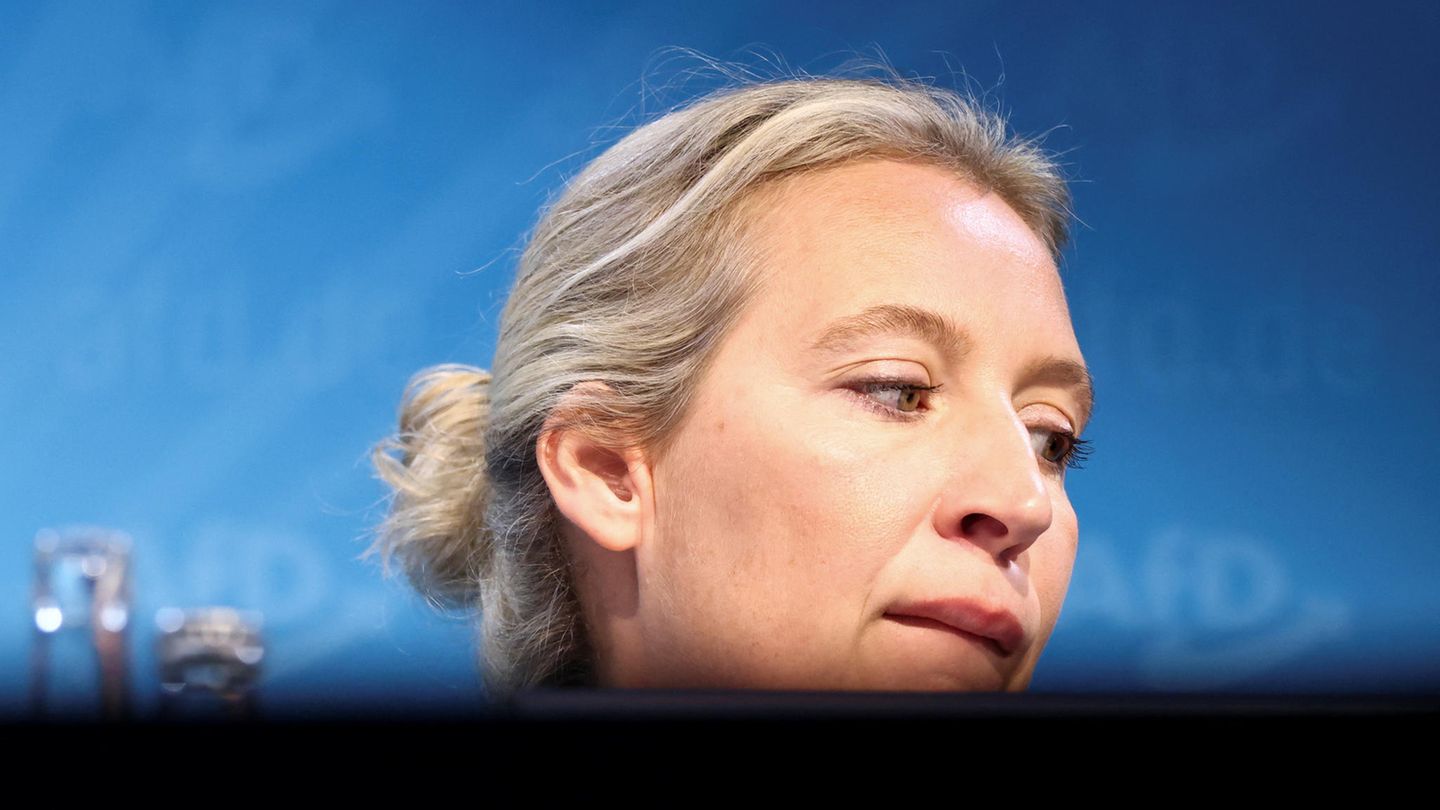I have been working in the news industry for over 6 years, first as a reporter and now as an editor. I have covered politics extensively, and my work has appeared in major newspapers and online news outlets around the world. In addition to my writing, I also contribute regularly to 24 Hours World.
Menu
The AfD and the women’s problem: Alice Weidel alone among machos
Categories
Most Read
Shutdown in the USA: Pentagon accepts anonymous donation of millions – that’s what Trump says
October 25, 2025
No Comments
Ukraine war: Russian special envoy to USA – dialogue should continue
October 25, 2025
No Comments
War in Ukraine: Kiev attacked again with ballistic missiles
October 25, 2025
No Comments
Distrust of Israel?: Report: US military drones circling over Gaza Strip
October 25, 2025
No Comments
Municipalities: “Cityscape” debate: Where cities see their problems
October 25, 2025
No Comments
Latest Posts

Documentary premiere “Babo: The Arrest Warrant Story”: Elyas M’Barek chats with his wife Jessica
October 25, 2025
No Comments
Lisa HarrisI am an author and journalist who has worked in the entertainment industry for over a decade. I currently work as a news editor

Fire broke out in a multi-story residential building in Ottensheim
October 25, 2025
No Comments
Three fire departments were on duty in Ottensheim on Saturday morning. The fire department rescued two cats from the house. When the emergency services arrived

Rolls-Royce Phantom: Special edition with gold hood ornament
October 25, 2025
No Comments
Vera StackI’m a recent graduate of the University of Missouri with a degree in journalism. I started working as a news reporter for 24 Hours
24 Hours Worlds is a comprehensive source of instant world current affairs, offering up-to-the-minute coverage of breaking news and events from around the globe. With a team of experienced journalists and experts on hand 24/7.

